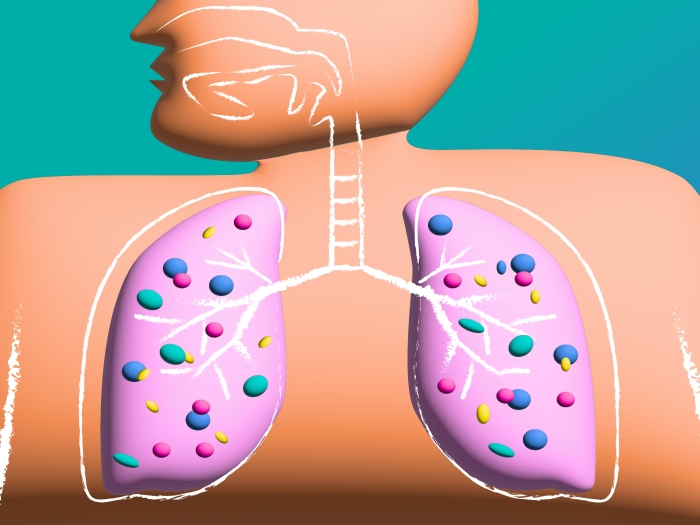-
Allergy & Clinical Immunology -
Cardiovascular Medicine -
Gastroenterology & Hepatology -
General Medicine -
Genetic Medicine -
Geriatric & Palliative Medicine -
Hematology & Oncology -
Hospital Medicine -
Infectious Diseases -
Metabolism, Endocrinology & Diabetes -
Nephrology -
Pulmonary & Critical Care Medicine -
Rheumatology

The U-M Medical School Department of Internal Medicine Division of Allergy & Clinical Immunology strives to provide faculty and fellows diverse and comprehensive educational experiences so that they can provide the best and latest in patient care. In addition to our Allergy & Clinical Immunology Fellowship Training Program, our division holds weekly research conferences, and monthly grand rounds, journal clubs and seminars.
Discover education and training opportunities to advance your career.
Our Allergy & Clinical Immunology Fellowship Training Program is two years in length and is a combination of clinical and research training, providing fellows with advanced training in allergic and immunologic diseases and preparing them to conduct research in the field.
Our division holds regularly scheduled conferences with the majority being available for physicians to earn CME credit. The University of Michigan Medical School is accredited by the Accreditation Council for Continuing Medical Education (ACCME) to provide continuing medical education for physicians.
Additional conferences/CME opportunities include:
Our Allergy & Clinical Immunology Fellowship Training Program offers unique training experiences at multiple subspecialty clinics and the U-M Mary H. Weiser Food Allergy Center.
From outstanding MD and PhD programs to comprehensive residency and fellowship programs, and many training options in between, Michigan Medicine offers limitless opportunities for our trainees.


